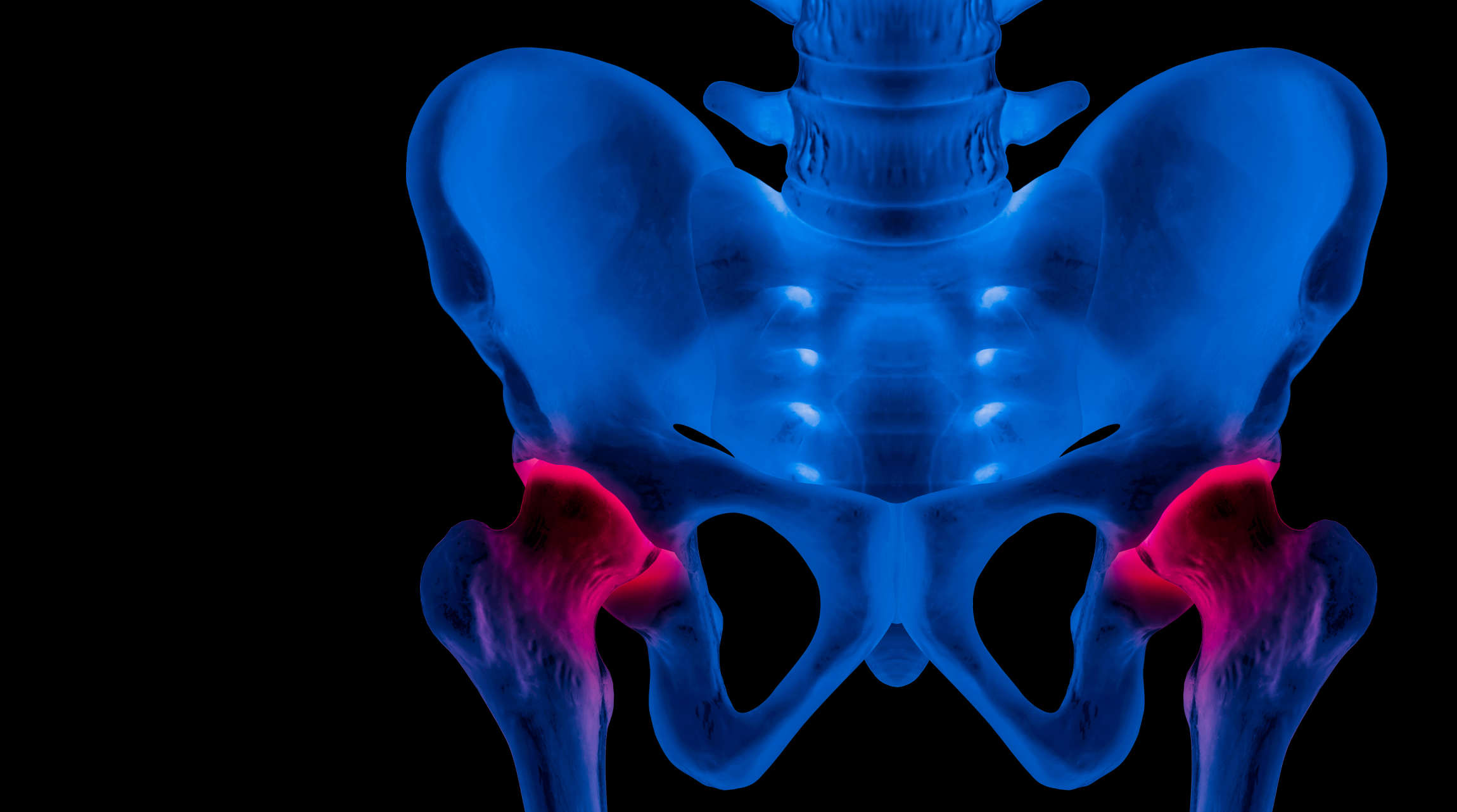To view the full content, login to your account,
or start your 30-day FREE Trial today.
FREE TRIAL
LOGIN
Forgot Password?
Explore some of our unlocked OE Originals below!





 LOGIN
LOGIN


Join the Conversation
Please Login or Join to leave comments.
Orthopaedic Surgeon - Canada
Very disappointing longer term findings after a promising start.So many studies copy this direction: steroid injections, partiai meniscectomies etc. The role of more modern regenerative medicine needs deeper study than any done so far by OE.